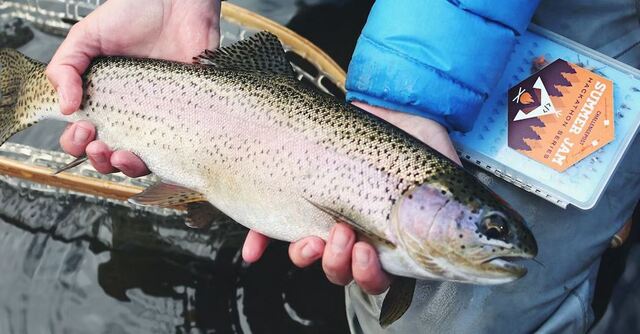DELAWARE - The nation's First State, is renowned for its stunning Atlantic beaches, expansive coastal plains, and historic towns. While not characterized by vast, deep natural lakes like some other regions, Delaware has numerous ponds, millponds, and reservoirs that provide recreational opportunities and serve as important habitats. Identifying the single "deepest lake" requires a look at these diverse inland water bodies.
Delaware's Deepest Waters: Exploring the First State's Lakes and Ponds
Delaware's inland waters are primarily composed of relatively shallow freshwater ponds, many of which are man-made or significantly altered millponds with histories tied to the early industrial era.
- Lums Pond: Located within Lums Pond State Park in New Castle County, Lums Pond is often cited as Delaware's largest freshwater pond by surface area (approximately 200 acres). However, it is relatively shallow, with average depths typically around 8-10 feet and a maximum depth that is not exceptionally deep (often cited as around 12-15 feet). It's very popular for boating, fishing, and camping.
- Other Notable Ponds/Lakes: Other significant freshwater bodies in Delaware include:
- Killens Pond (Kent County): Another popular state park destination with a 66-acre millpond.
- Trap Pond (Sussex County): Known for its beautiful bald cypress trees, this state park features a large millpond.
- Chipman Pond and Records Pond (Sussex County): These are also sizable millponds known for fishing and recreation.
- Hoopes Reservoir (New Castle County): A water supply reservoir, access is often restricted.
Defining "Deepest": Challenges in a Coastal Plain State:
Due to Delaware's flat, coastal plain geography, it lacks the deep, glacially-carved lakes found in more mountainous or northern regions. Most of its inland "lakes" are, in fact, man-made ponds or dammed sections of rivers.
- No Single Standout Deep Natural Lake: There isn't one particular natural lake in Delaware renowned for extreme depth in the way that, for example, Seneca Lake is in New York or Summersville Lake is in West Virginia.
- Potential for Deeper Man-Made Features: Some flooded quarries or borrow pits in Delaware might reach depths greater than the state's publicly accessible recreational ponds. However, these are not typically classified or managed as "lakes" for public use, and data on their exact depths can be complex to ascertain for comparison.
Focus on Recreational Value and Ecosystems:
While extreme depth may not be a defining characteristic of Delaware's inland waters, these ponds and lakes are incredibly valuable for:
- Recreation: They provide crucial opportunities for fishing (largemouth bass, crappie, bluegill, catfish), kayaking, canoeing, and birdwatching.
- Habitat: They support diverse aquatic and wetland ecosystems.

Sources:
- Delaware Department of Natural Resources and Environmental Control (DNREC) - Division of Parks and Recreation, Division of Fish and Wildlife
- U.S. Geological Survey (USGS) - for general hydrological data
- Delaware State Parks website
- Local fishing and boating guides for Delaware
- Historical societies of Delaware's counties


